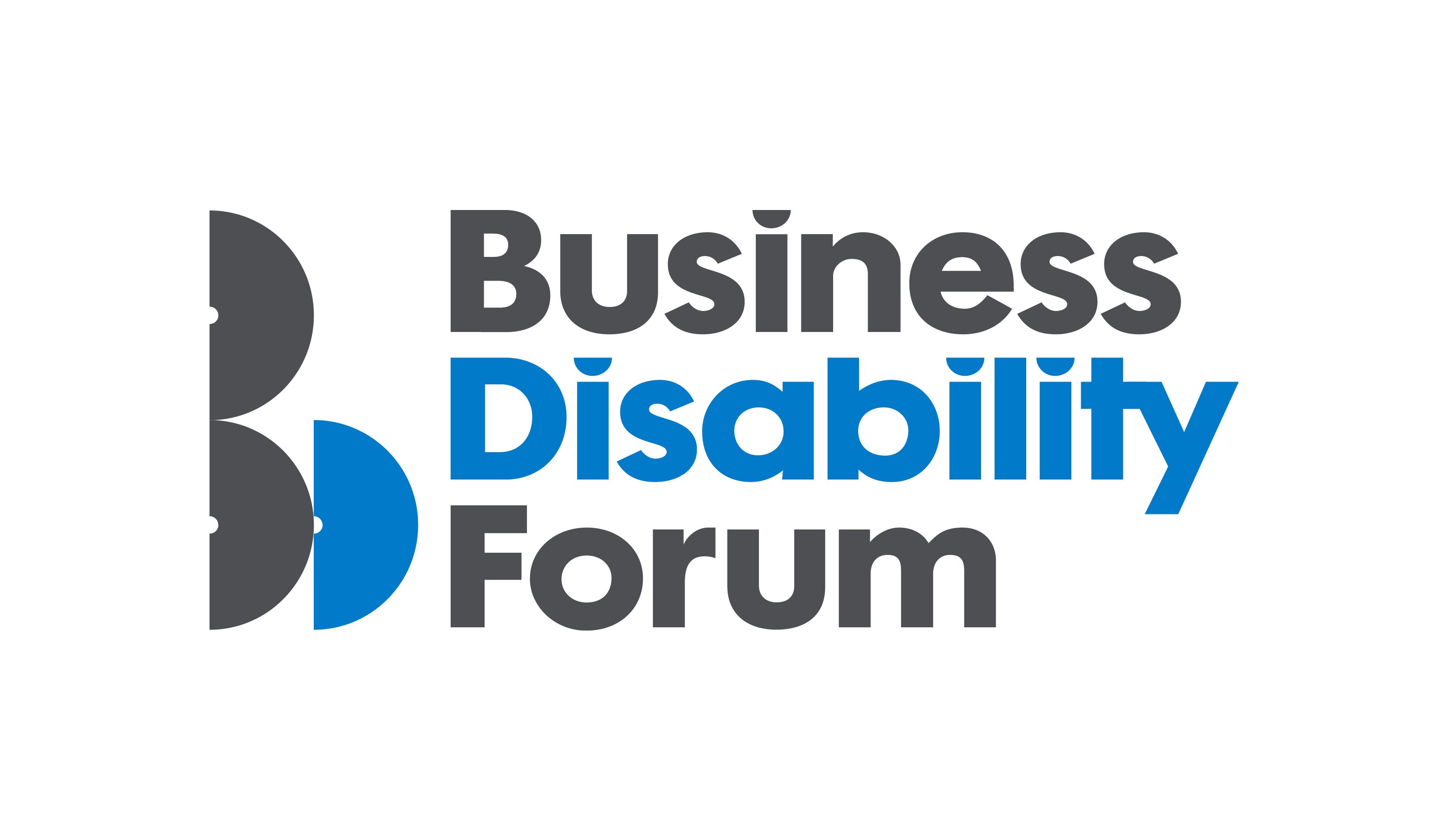Equality, diversity and inclusion (EDI) in the workplace
What does EDI mean in the workplace and why is an effective EDI strategy vital to business?
Practical advice on using disability workforce reporting to create a more inclusive and supportive culture, benefitting both the organisation and the workforce
This guidance has been produced to support organisations who want to undertake disability workforce reporting. The guidance can be used by organisations of any size – however, diffeorganisations will have different resources and systems to support the activities required to undertake disability workforce reporting, and our tips and recommendations reflect that. If your organisation is small, you may want to undertake just a few of the recommendations or suggestions but aspire to some of the other activities in the longer term.
Although employers outside of the UK may find some of the principles in the guide helpful to consider, this guide has been created with a UK audience in mind. This is because we have located the guidance and principles in the context of current UK employment policy and within the UK Equality Act 2010, and the Equality and Human Rights Commission’s employment and data monitoring advice. Employers in other geographic regions should check legal requirements and procedures in their regions and ensure their actions are aligned to that.

The Equality (Race and Disability) Bill will make disability pay reporting compulsory for employers with at least 250 employees. Keep up to date with the latest on these changes with our Tracker of potential law changes.
This guide outlines the current guidance around voluntary reporting that can still be followed until any changes come into force. We will update this page once any changes are enforced.
 |
The CIPD has worked with Business Disability Forum on this guide and a report that sets out the case for disability workforce reporting and provides an overview of the current landscape, considering issues like why disability workforce reporting matters now, the scope of reporting and who already collects data and why. |
This guidance highlights eight key steps that will support planning and implementing disability workforce reporting. You should consider each of these steps in accordance with your organisation’s systems and resources.
Research has identified several potential barriers to effective disability workforce reporting. These are considered here, along with some tips to address them, to support you with undertaking the steps to completion.
What does EDI mean in the workplace and why is an effective EDI strategy vital to business?
Explore our collection of resources around the gender pay gap in UK employment law
How to support transgender and non-binary people at work, as part of a broader equality, diversity and inclusion policy
A practical look at supporting employees via staff networks and employee resource groups (ERGs)

Advice for managers on how they can help to manage maternity, paternity, adoption, shared parental, parental leave and parental bereavement leave

Guidance to help HR practitioners manage family leave in their organisation


How to support transgender and non-binary people at work, as part of a broader equality, diversity and inclusion policy